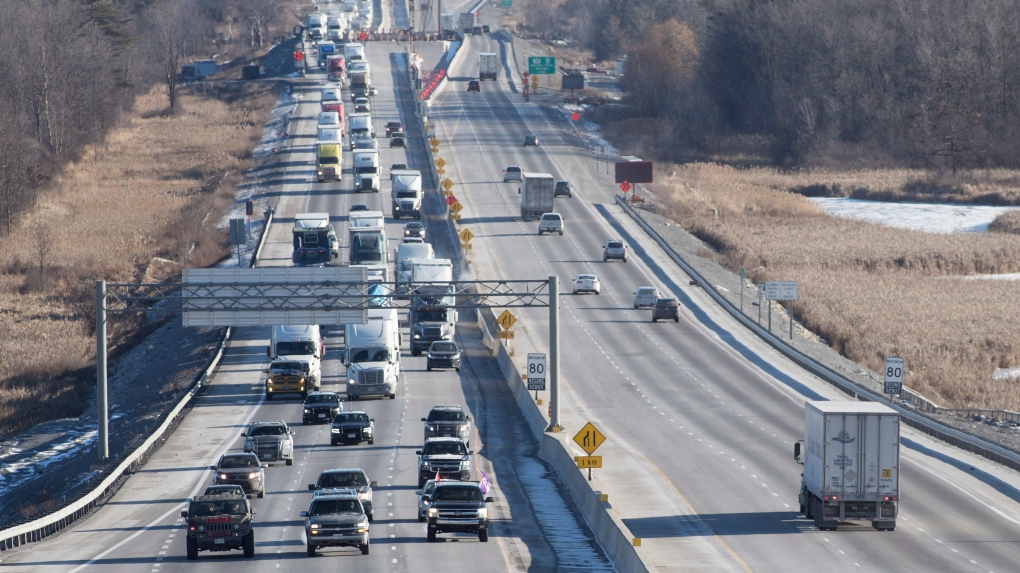Canada to announce all new cars must be zero emissions by 2035::Canada expects to announce this week that all new cars will have to be zero emissions by 2035, a senior government source said, as Ottawa is set to unveil new regulations in the latest example of countries around the world pushing for electrification.



It’s really not as much as people make it out to be. I read something estimating an equivalent EV should be 20% heavier at our current technology, although some vehicles are much less efficiently designed and you have the monstrosity that is the Hummer
My Tesla seems like it’s about that although there’s really no ICE vehicle to directly compare to. However the important thing is it weighs much less than the pickups and full sized SUVs that all too many people drive. Feel free to advocate for taxes or fees based on weight and I’ll agree, secure in knowing my EV is lighter than half the population’s ICE cars and that it’s fair. The tendency (at least in US) is more of a problem than the extra weight of an EV.
If we consider the specific problem of road wear, it’s also a much smaller to non-existent problem than people think. Yes, road wear is relative to weight but cars are on the flat part of the curve where a few hundred pounds makes no real difference compared to road wear dominated by big trucks
Tire and road wear are not “as bad as exhaust” like some people suggest, but weight significantly increases road wear per the Fourth Power Law. So even 20% more isn’t great.
And as pretty much everyone transitions to EVs, I expect the ratio of trucks in EVs to come up to the same as with ICEV. I know some people have come down to the decision “Do I buy an EV car or an ICEV truck?” but as more EV trucks come on the market, I expect the size of vehicles to continue to grow.
I’m just trying to point out that EVs aren’t purely good and we as a society should be reducing our car usage in general. If alternative transportation (walking, biking, public transport) is possible, we should be facilitating and encouraging it.
Living in a city with an effective transit system, such as Boston or NYC, gives so much freedom to go anywhere anytime that you just can’t do with cars. It’s definitely something we need to work toward, and imagine how much better a good transit system would be.
The same with intercity rail: it’s so much faster and easier traveling Boston —> NYC with Acela than by driving or flying, and there’s no reason we can’t have similar serving most of the population (not area, but population)! Or imagine leveling up to high speed rail!
But some locations and usages will always be best served by personal vehicles , and transit will take decades, even if our politicians start funding it adequately